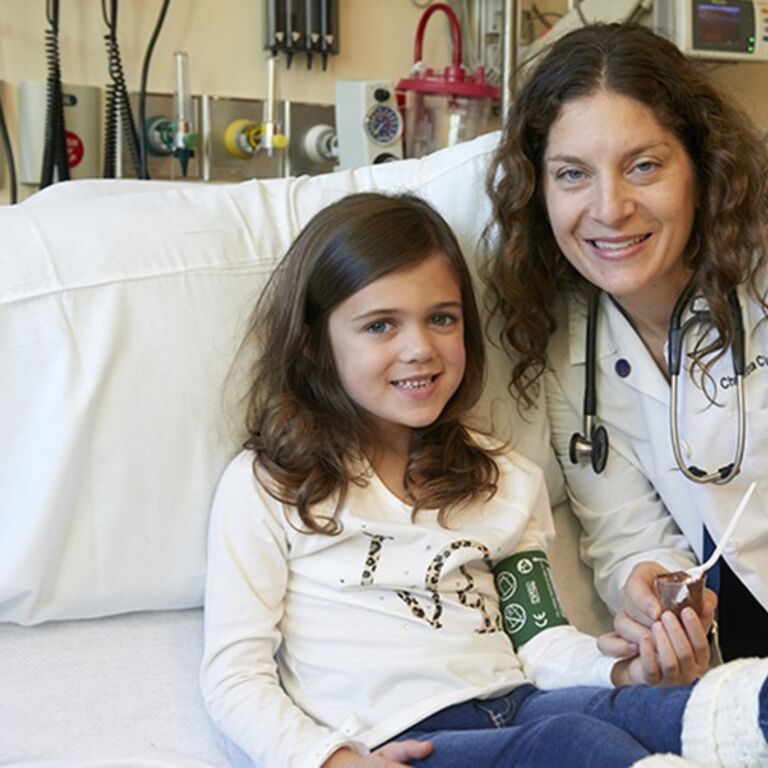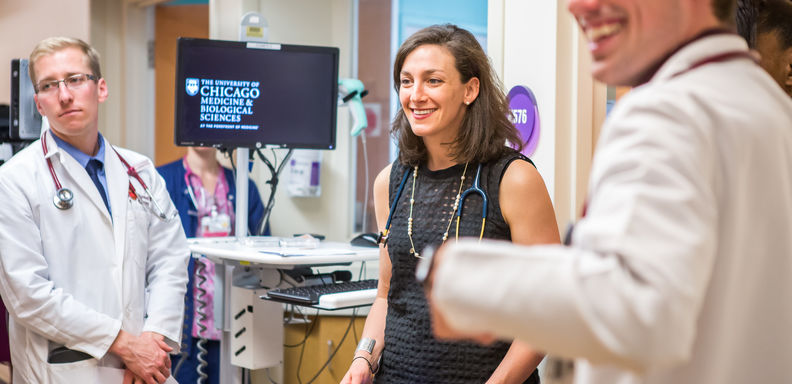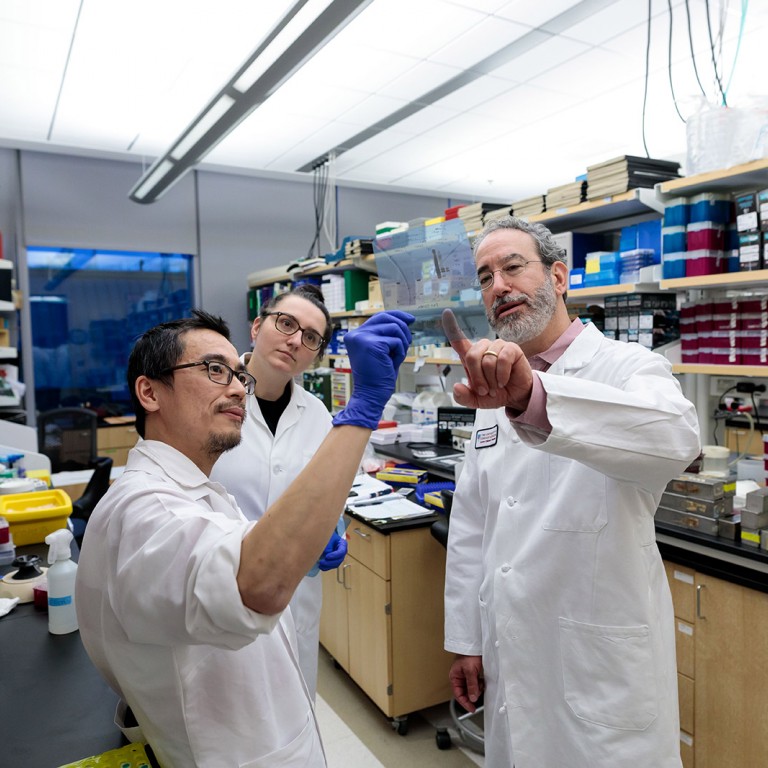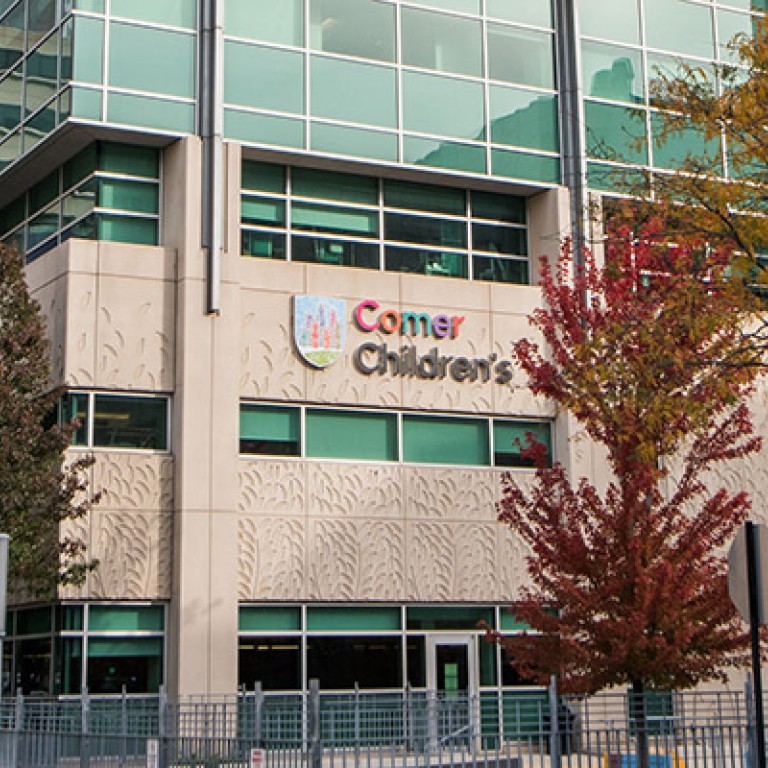Rigorous engagement with and understanding of an ever-increasing body of medical knowledge is a core skill for all pediatricians. Through monthly journal clubs, scholarly conferences, and a mentored project, residents learn how to critically read the medical literature in order to make the most up-to-date decisions for their patients, and ultimately experience what it means to participate in the creation of that literature.
Required Scholarly Work
A completed scholarly project is a graduation requirement that offers an opportunity to gain first-hand experience in the creation of knowledge. The project can be accomplished in a number of ways depending on each resident’s individual skills and interests.
As an intern you will work with your faculty advisor to discuss their interests and identify potential project collaborators and mentors. Final projects are presented at the annual Pediatric Research Day in the form of a poster in the spring of each year. In recent years several of our residents have gone on to present their work at regional and national meetings, including the American Academy of Pediatrics National Conference and Exhibition, the annual Pediatric Academic Society meeting, and numerous subspecialty pediatric meetings.
Quality Improvement
At the frontlines of patient care, residents are often among the first to identify opportunities for improvement in patient safety and quality. All residents not only learn foundational principles of quality improvement science, but have the opportunity to put apply those principles within the hospital system, through QI morning reports, interdisciplinary institution-wide projects, and unique grant funding.
Each resident class is required to complete a quality improvement project with guidance from Drs. Allison Bartlett, Brett Palama, and the Pediatric Chief Residents.



